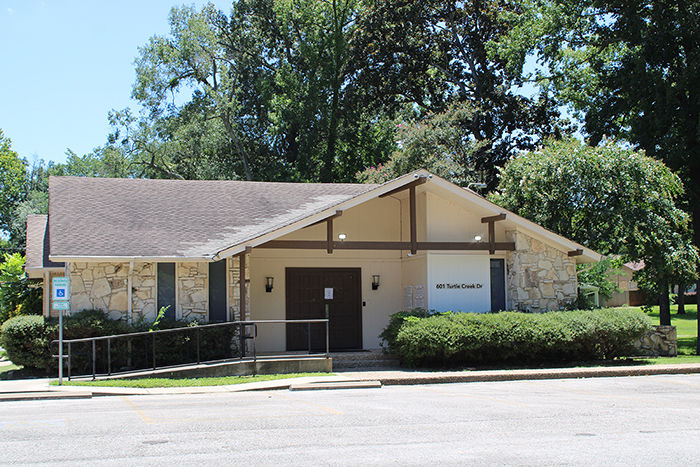A saintly lesson in loving opponents
Published 7:49 pm Monday, March 23, 2015
A canonization has risen to the attention of the august — but decidedly secular — Atlantic magazine. The journal’s editor James Parker writes glowingly about G.K. Chesterton, a British journalist and author of the early 20th Century. Chesterton is now a candidate for Catholic sainthood.
But he misses what’s most relevant about Chesterton to today’s political debates — Chesterton loved his opponents.
Trending
“In his vastness and mobility, Chesterton continues to elude definition: He was a Catholic convert and an oracular man of letters, a pneumatic cultural presence, an aphorist with the production rate of a pulp novelist,” Parker wrote last week. “Poetry, criticism, fiction, biography, columns, public debate — the phenomenon known to early-20th-century newspaper readers as ‘GKC’ was half cornucopia, half content mill.”
Today, Chesterton is probably more influential in who he influenced — both J.R.R. Tolkein and C.S. Lewis were enormously affected by Chesterton’s writings.
“He was a parochial Englishman and a post-Victorian gasbag; he was a mystic wedded to eternity,” Parker contends. “All of these cheerfully contradictory things are true, and none of them would matter in the slightest were it not for the final, resolving fact that he was a genius.”
But there’s something else “cheerfully contradictory” about Chesterton — he loved his opponents.
Chesterton was a public debater, who opposed the fashionable socialism of his time and the modernistic worldview that put mankind at the center of all things. He took the stage with the greatest minds of his day — H.G. Wells, George Bernard Shaw — and he argued that a heart filled with gratitude to God is the greatest human aspiration.
“For decades, GKC was at the center of the great public controversies of his day, and engaged both issues and opponents in a way that drew, not merely the respect, but the love, of his opponents,” writes historian George Weigel for First Things. “One need not agree with Chesterton’s opinions in whole or in part to recognize that he had a remarkable insight into modernity and its discontents and a singularly fetching way of demolishing an intellectual opponent without drawing blood or leaving bruises.”
Trending
Indeed, he counted Shaw and Wells as lifelong friends.
And that’s what is missing today. Take Chris Matthews, the MSNBC host. He commonly ascribes the very worst motives to anyone who disagrees with him.
“It is not an exaggeration to say that ‘Republican racism’ has been a major theme (if not the major theme) of his show for the past seven years,” notes Alex Berezow, for Real Clear Science. “In his latest rant, he concludes that Republican opposition to President Obama, from Day One, is largely explained by racism.”
But that’s a serious charge. And the statistics don’t back it up. People can disagree with each other without doing so from insidious motives.
Chesterton knew this; so did his opponents.
“From first to last [Chesterton] and I were very close friends,” H.G. Wells wrote. “I never knew anyone so true to form as G.K.C.”
Is Chesterton saint material? That’s not our call.
But Chesterton sided with the angels — he loved even those he disagreed with.







